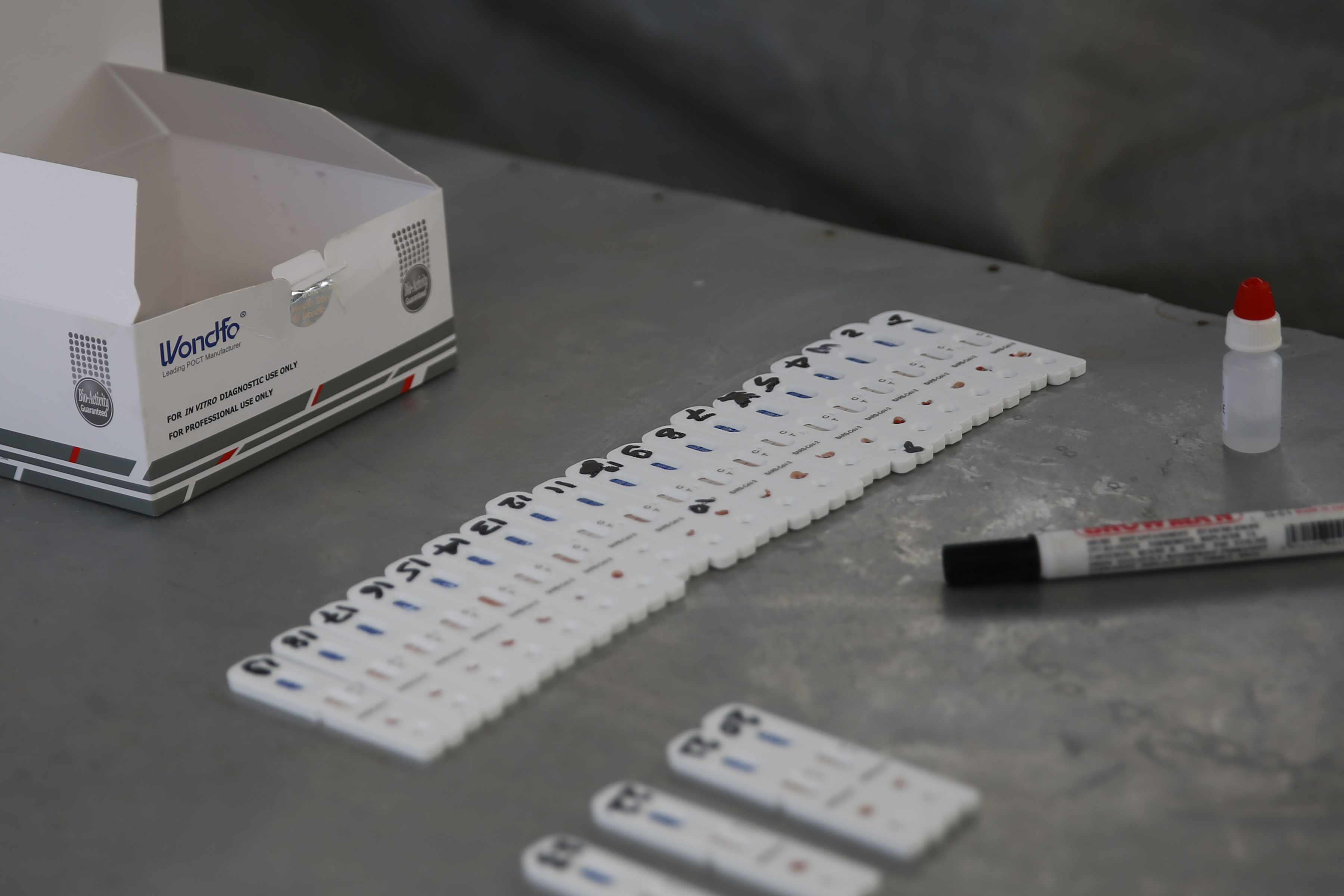Specimen kit inadequacy slows speed of Covid-19 tests in far-west
DHANGADHI: Inadequate availability of specimen collection kits has slowed down the speed of coronavirus detection tests in the far-west, identified as one of the most coronavirus-sensitive regions in the country.
Of the 15 live coronavirus transmission cases, far-west alone houses five cases.
Although Rapid Diagnostic Tests (RDT) have gained pace, the unavailability of required number of specimen collection kits have delayed real-time Reverse Transcription Polymerase Chain Reaction (rRT-PCR) tests in the area.
According to Social Development Minister of Sudurpaschim Province Krishna Raj Subedi, inadequate availability of test kits has affected the speed of tests being run in the area. Likewise, lack of adequate number of Viral Transport Medium required to store the specimen has also affected rRT-PCR tests in the region. "We are trying our best to procure required medical equipment from the centre," Subedi said.
Physician Dr Sher Bahadur Kamar, who is engaged in the treatment of coronavirus infected patients in Seti Provincial Hospital, says the rRT-PCR method yields results relatively later than RDT because if follows a highly technical procedure. "Results of around 30 per cent of those tested may go amiss in this method too," Dr Kamar added.
As per the records maintained by Regional Health Directorate in Dipayal, 2,391 samples were drawn for testing, through rRT-PCR method till April 13 while the numbers for same as shown on April 14 and 15 were 2,520 and 2,528 respectively -- denoting a minimal rise.
Till April 13,751 test results were out while 976 and 1,071 results were recorded for April 14 and 15 respectively. Of these, five have tested positive while 1,472 were negative.
Results of all sample tests have not been received yet. Of the samples tested till April 15, results for 1,051 specimen are pending.
As far as RDT is concerned, as many as 2,309 people were tested as on April 13 while the number reached 3,509 on April 15 -- all tests resulting in a negative.
The tests that began from Kailali and Kanchanpur districts on a few infection-symptomatic people have now spread out to all the nine districts in the province.






